The Acquisition of Two Languages from Birth: A Case Study
This book deals with the question of how children exposed to two languages simultaneously from birth learn to speak those two languages. After a critical and comprehensive survey of most of the literature on the subject, the author concludes that empirically well-documented knowledge in this area is very scant indeed. The core of the book concerns a naturalistic study of a Dutch-English bilingual girl around the age of three. The study's main aim is to explore the nature of early bilingual morphosyntactic development. Detailed analyses of most aspects of this development show that a child who hears two separate languages spoken to her reflects this distinctness in the utterances she produces: each language is handled as a system in its own right. Furthermore, the young bilingual three-year-old greatly resembles her monolingual peers in either language. Both these findings, the author concludes, highlight the language-specific nature of the morphosyntactic development process. This book will interest linguists, psycholinguists, developmental psychologists, and child language specialists.
{{comment.content}}
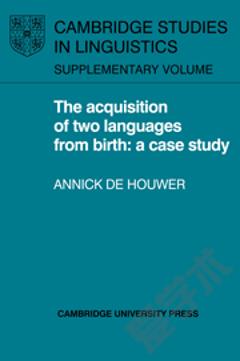


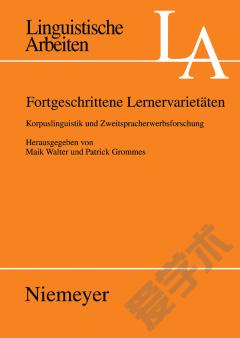
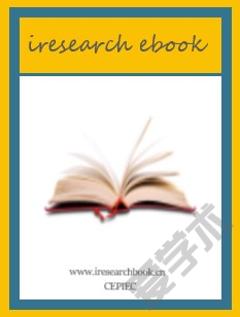
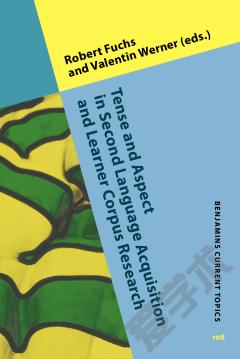
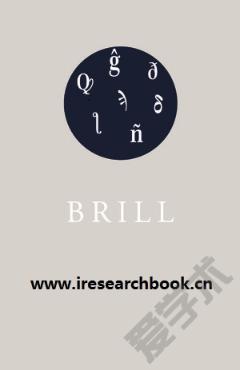

 京公网安备 11010802027623号
京公网安备 11010802027623号